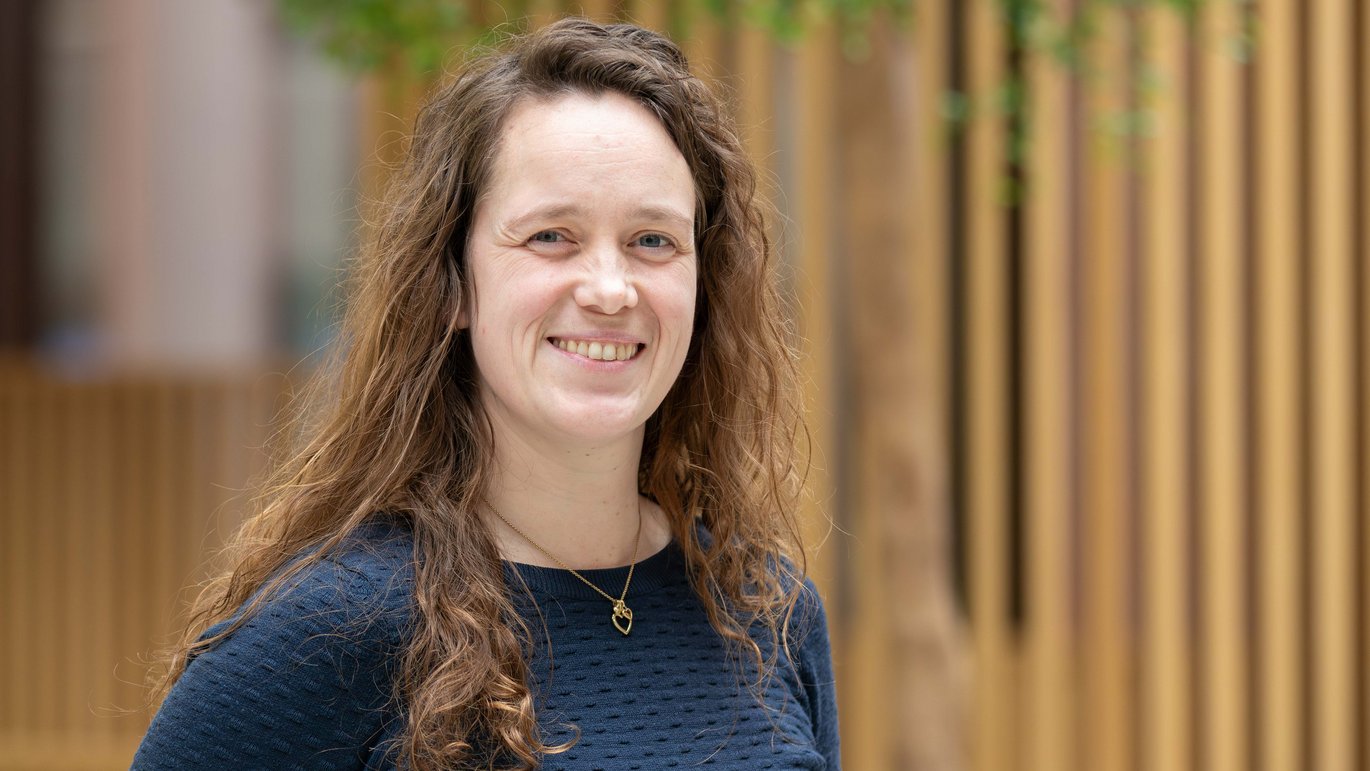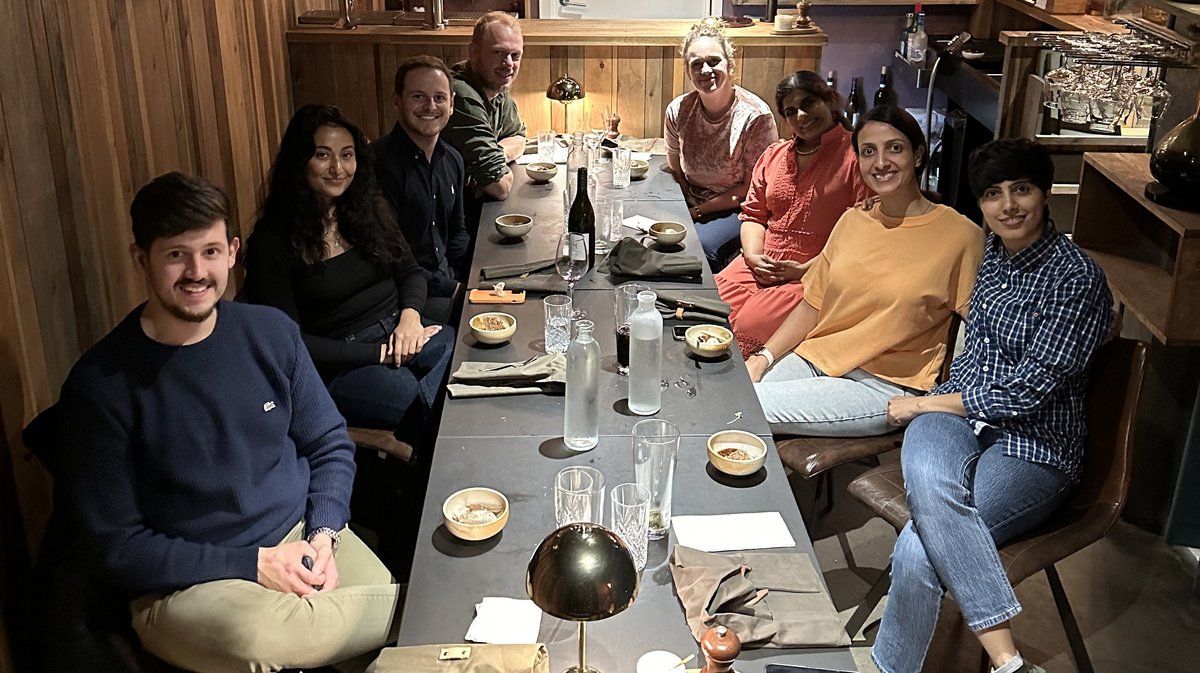Would you like to influence life as a PhD student at Health?
You might not know, but as a PhD student, you are automatically a part of the faculty's PhD association. Read here how you, as an active member, can become part of a strong community and influence the well-being of your fellow students.

"As an active member of the PhD association at Health, you can influence a wide range of important agendas and form strong professional and personal relationships."
This is what Sofie Abildgaard Jacobsen from the Department of Clinical Medicine says. She is the chairperson of the PhD association at Health and researches the impact of sexual assault on the development of functional disorders such as fibromyalgia and somatic stress disorder.
"The PhD association is extremely important and has given me the opportunity to meet many other PhD students across different projects and academic disciplines. As PhD students, we are constantly told that we should be interdisciplinary, and the association has given me a unique opportunity to form new relationships across disciplines, thereby enhancing the quality of my own research," says Sofie Abildgaard Jacobsen.
"The association is hanging by a thread"
However, the PhD association at Health faces a significant challenge – there is an urgent need for new members to take over when the current board completes their PhD projects.
"Right now, we are so few active members in the association that, unfortunately, the future of the association is hanging by a thread. As PhD students, we only have three years to make good, and we need more active members who can step in and take over after us if the association is to survive," she says.
The current chairperson is responsible for managing the association's meetings and directly communicating the decisions made to Helene Nørrelund, who is the PhD school leader at Health.
Sofie Abildgaard Jacobsen especially hopes to reach out to more first-year students and create a natural succession in the association. Because something needs to happen soon.
"We have gone from being a fully-fledged association to being down to about five active members at times. It's a difficult position to be in, and I strongly encourage everyone who wants to influence life as a PhD student at Health to show up at one of our meetings," she says.
Bridging the gap between the students and the faculty's management
The PhD association at Health deals with important issues, often arising from inquiries from other PhD students. Stress, discrimination, and the ongoing improvement of the faculty's events for PhD students are among the current topics the association is working on.
"As PhD students, we don't have employee development meetings (MUS) or similar. Of course, we have supervision, but if a problem arises along the way, it can be a really difficult situation to be in alone. Therefore, it's important that we organize ourselves and have ongoing dialogue between students and management. The PhD association ensures that the students' voices are heard and respected, and it would be a huge loss if the association ceased to exist," says Sofie Abildgaard Jacobsen.
The PhD association at Health also has a strong collaboration with AUPA, which is AU's PhD association covering all the university's faculties.
"We experience many of the same problems here at Health that they also struggle with at other faculties. We are largely heard and involved both by AUPA and by the management here at the faculty," says Sofie Abildgaard Jacobsen.

A strong community with plenty of opportunities
In addition to its organizational work, the PhD association at Health is responsible for arranging both academic and social events. For example, the association is central in planning board game nights and the faculty's annual PhD Day.
"We are also planning a workshop in August that focuses on how to apply for funding for a postdoc position. There will be a representative from TrygFonden, who assesses applications, and a professor, who will talk about how she has financed her career," tells Sofie Abildgaard Jacobsen.
If you participate as an active member in the PhD association, you can be compensated for up to 15 teaching hours. However, you don't need to be part of the board and run for election to be part of the community or to be heard.
"Everyone is welcome to our meetings. Besides, we go out together once every two months – either to eat together or to do something else social. It's both fun and exciting to hear about how the others' projects are going. I have certainly strengthened my project, had a lot of fun, and felt that our work makes a huge difference," says Sofie Abildgaard Jacobsen.
Are you interested in hearing more about the PhD association at Health? Visit the PhD association's website, follow the association on Facebook, or show up at one of the association's meetings the first Thursday of every month from 3 to 4 PM. The meetings alternate between taking place at AU and at AUH, and the next meeting is the association's biannual general assembly on March 7, 2024, at 3 PM in Loftsalen in the Victor Albeck Building.
Contact
PhD student and chairperson for the PhD association at Health Sofie Abildgaard Jacobsen
Aarhus University, Department of Clinical Medicine and
Aarhus University Hospital, Research Clinic for Functional Disorders
Mobile: 29255478
Email: phdforeningen.health@au.dk